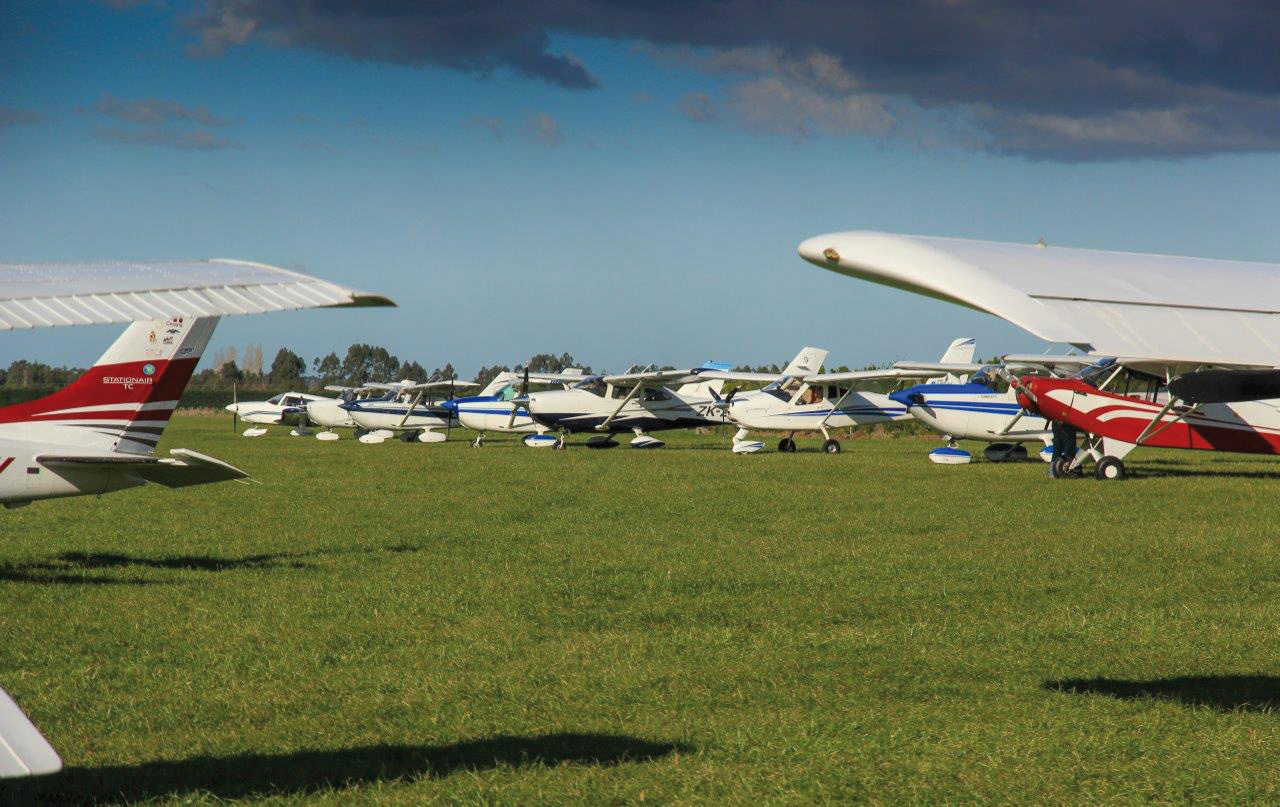By Michael Erb
In Europe, GA is joining the climate debate. Michael Erb, CEO AOPA Germany, asks whether the tax revenue from general aviation could be used to finance compensation payments for the carbon-dioxide it generates.
Anyone who books an airline flight today usually also receives an offer to compensate for the climate-damaging effects of the flight with a payment. Is this nothing more than a kind of modern sale of indulgences, as it was in the churches in the Middle Ages to buy one’s sins free? Or is it actually effective against climate change?
Most importantly, is the model suitable for general aviation? The basic assumption of the current environmental discussion is that humanity emits too much carbon dioxide (CO2) overall. Today, CO2 emissions per person in Europe are 8400kg per year. According to plans by the German Federal Government, it is to be reduced by about half by 2030. Environmental groups are setting much more aggressive targets, some wanting to get down to just 600kg per person per year, others wanting zero.
It becomes clear that the environmental goals differ greatly depending on the political point of view – not the right topic for this column. In any case, we are still a long way from covering human energy requirements from wind, water or solar energy “without side effects”. To solve the problem, many political groups are calling for renunciation: stop flying, stop driving, stop eating meat, and so on. But such demands for renunciation and fundamental change are apparently not accepted by a majority of the population.
Another approach to reducing the amount of CO2 in the atmosphere is to get the gas out again. The natural way to do this: plants or algae use photosynthesis to extract CO2 from the air. Large-scale afforestation could bring about a significant reduction in greenhouse gases; a much-noticed scientific study has just confirmed this again. This is exactly what the compensation payments for flight tickets are aimed at.
A practical example: I was looking for a flight from Frankfurt to Bordeaux and back for a business trip. The ticket cost was about €500. I was offered to offset the 194 kilos of CO2 that result from burning my share of the fuel consumption: 62 litres of kerosene. There were two options to choose from: I could have paid €3.88 for the planting of trees and their effect over 20 years, six cents
per litre. However, there is no generally recognised price level for offsets; other providers calculate with a little over ten cents per litre of kerosene; ‘Fridays for Future’ and the German Federal Environment Agency (UBA) are even demanding €180 per tonne of CO2, which corresponds to 45 Eurocents per litre.
A potentially quick solution using sustainably produced synthetic fuel is significantly more expensive and not yet really practicable: That costs €94.70 for the example flight, ie, €1.53 per litre – 24 times more expensive than the cheapest assumption for reforestation, three times higher than the UBA-Calculation. Synthetic fuel is produced from CO2 in the air with the help of electricity using the ‘Power to Liquid’ process. The big problem is that huge amounts of sustainably generated electricity are required. With the development of industrial production, the high price would probably drop to around one euro in the long term. Advocates of compensation, however, see limits: they only want to compensate for CO2 emissions from sources that have a chance of becoming sustainable in the future. Air transport is obviously one of the sectors with such future prospects, both on short and long-haul routes.
Is this a model for us? Private General Aviation already pays very high taxes on its fuel: in Germany this is currently 72.1cents per litre of avgas; with VAT the tax burden increases to over €1. A government that is serious about CO2 reduction could invest a fixed percentage of the tax revenue already generated by GA into corresponding compensation projects. I would definitely prefer such a constructive approach over a clumsy discussion of bans or absurdly high lump sum payments ‘per flight’ which lack any factual basis.
This article first appeared in the Autumn 2023 edition of Approach Magazine, the dedicated magazine of AOPA NZ, which is published quarterly.

